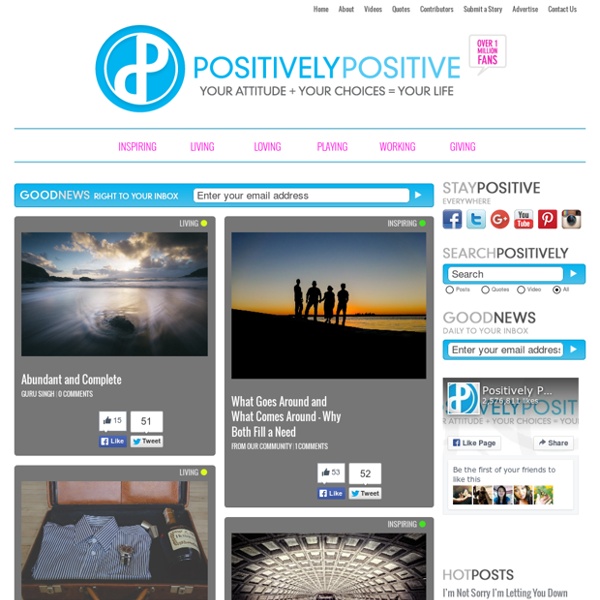



» How I save money By Leo Babauta I think I’m a fairly frugal person. I haven’t always been this way, and it’s taken years of simplifying and cutting back on little things, one at a time. And while there are definitely many more things I can scrimp and save on, I’m proud of how far I’ve come already. Here’s how I save money: 1) I cut my own hair. 2) No Cable TV. 3) Became vegan. 4) Don’t use the gym. 5) Rarely go to the movies. 6) Quit smoking. 7) Don’t drink much. 8) Never go out. 9) Stay healthy. 10) Don’t go shopping. 11) Have only one car. 12) Bring my own lunch. 13) No magazine or newspaper subscriptions. 14) Rarely buy new clothes. 15) Never travel. 16) No more lattes. There are more little ways that I’ve learned to save, like getting my books at a used book store, cooking most of my meals (aside from the above-mentioned lunches), power-saving measures, no long distance calls. Estimated total savings: $20,445. Now, I’m not sure if most people spend the full amounts listed above, or if I ever did.
fear.less - real-life stories of overcoming fear Mindset Works®: Student Motivation through a Growth Mindset, by Carol Dweck, Ph.D. Principle Of Success | DreAllDay.com From the post: 7 Success Secrets That 99% of People Don’t Know Or Use, check it out. I’ve noticed that successful people have an unwavering belief in themselves.To others this belief may seem like foolish stubbornness but I think that belief in oneself is a crucial ingredient in the recipe of success.You have to know with every fiber of your body that you’re going to be successful. It doesn’t matter how long it takes, how many times you have to try or how many times you fail. With 100% belief that you’re going to be successful, it’s just a matter of time and persistence before you achieve the success that you know you’re going to get.Life has a tendency to throw some big and bad obstacles our way which can easily cause us to lose faith in pretty much everything we believe in. I say it’s okay to lose faith in many things, but never lose faith in yourself.
Scholars’ rude awakenings | Features Does bitchiness serve any useful scholarly purpose? Source: Paul Bateman In the German context, a question is either an attempt to present one’s own view or an attack meant to question the authority of the speaker It seems to me”, says Clive Bloom, emeritus professor of English and American studies at Middlesex University, “that academics are the rudest people on earth.” Bloom’s first book, The Occult Experience and the New Criticism (1986), was greeted with a review claiming that it “mentions every orifice except the arsehole from whence [it] emerged”. And this, in Bloom’s cheerfully jaundiced view, is part of a wider sense of “resentment and defensiveness” resulting from the fact that most academics “don’t really produce anything that people want”. It is not difficult to turn up examples of academics being deliberately rude to each other, whether in print or in person, openly or anonymously. Can the same be said about really vicious reviews? Click to rate 0 out of 5 stars
Laramie Enduro | Wyoming's Premier Endurance Mountain Bike Race 60 Ways To Become The Person You Love photo credit: Niffty.. Only the time and attention we give ourselves demonstrates how much we love and admire ourselves. Self love requires that we place ourselves at the top of our priority list. Self-nurturing is everything that makes us feel positive, happy and joyful. When we decide to honor ourselves with the love we need and deserve like the sun we radiate a glow, touching everything and everyone in our lives. Below are 60 ideas for glowing: 60. 59. 58. 57. 56. 55. 54. 53. 52. 50. 49. 48. 47. 46. 45. 44. 43. 42. 41. 40. 39. 38. 37. 36. 35. 34. 33. 32. 31. 30. 29. 28. 27. 26. 25. 24. 23. 22. 21. 20. 19. 18. 17. 16. 15. 14. 13. 12. 11. 10. 9. 8. 7. 6. 5. 4. 3. 2. 1. Instead of commenting take time for yourself today!
Maker's Schedule, Manager's Schedule July 2009 One reason programmers dislike meetings so much is that they're on a different type of schedule from other people. Meetings cost them more. There are two types of schedule, which I'll call the manager's schedule and the maker's schedule. When you use time that way, it's merely a practical problem to meet with someone. Most powerful people are on the manager's schedule. When you're operating on the maker's schedule, meetings are a disaster. For someone on the maker's schedule, having a meeting is like throwing an exception. I find one meeting can sometimes affect a whole day. Each type of schedule works fine by itself. Our case is an unusual one. I wouldn't be surprised if there start to be more companies like us. How do we manage to advise so many startups on the maker's schedule? When we were working on our own startup, back in the 90s, I evolved another trick for partitioning the day. Speculative meetings are terribly costly if you're on the maker's schedule, though. Related:
Laramie Enduro Race summer 2013